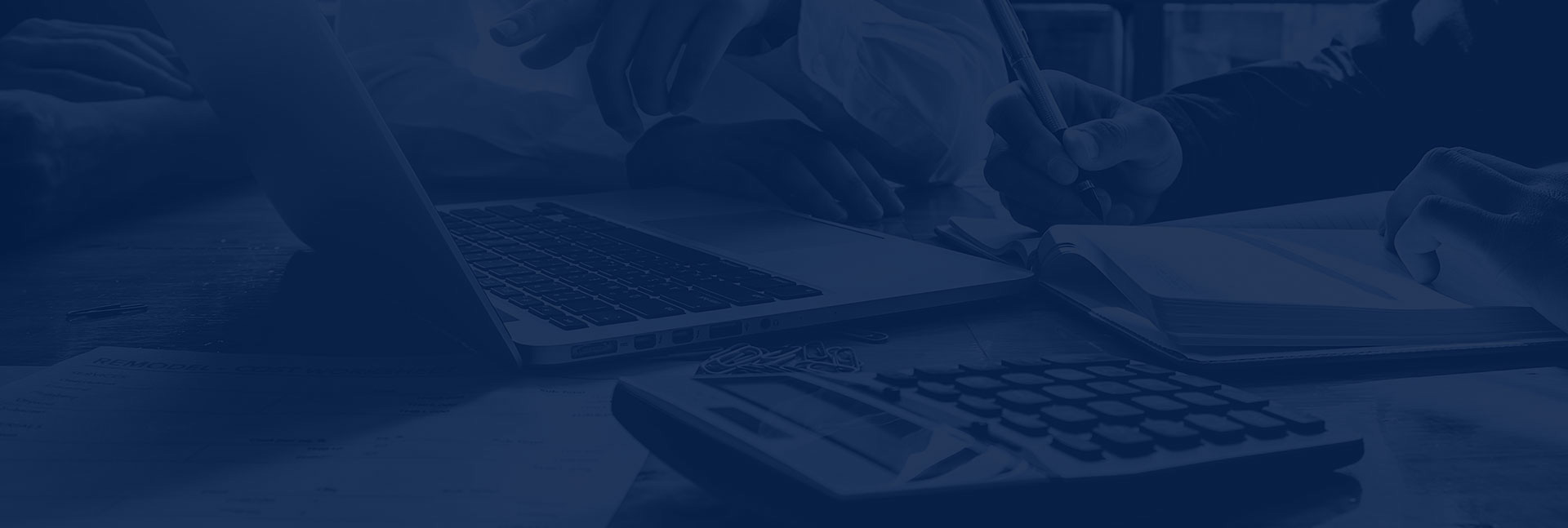According to a recent report by Forbes, student loan debt in the United States has reached an unprecedented $1.6 trillion. Owed by roughly 45 million borrowers, this debt is now second only to mortgage debt. While interest rates are much lower for federal student loans than they are for credit cards and vehicle loans, the average borrower owes more than $32,000, resulting in crippling monthly payments that most struggle to afford.
Especially since the COVID-19 pandemic hit the United States, many borrowers are beginning to consider more drastic solutions to their financial crises. “Can bankruptcy wipe out student loans?” is now one of the most frequently asked questions of our time.
Unfortunately, the answer is complicated. Most legal professionals say that, like tax debt and alimony, student loans cannot be discharged through bankruptcy.
But a ruling in January of 2020 suggests that change may be on the horizon. Chief U.S. Bankruptcy Judge Cecelia G. Morris discharged $221,000 in student loan debt for a single borrower. In the process, she criticized other bankruptcy courts for refusing to discharge student loan debt.
Many hope Judge Morris’s decision will influence future bankruptcy cases. For now, however, it is very difficult to discharge student loans. A bankruptcy filer must prove that undue hardship prevents them from repaying their loans. Because the Bankruptcy Code does not specifically define “undue hardship,” judges have established standards such as the Brunner Test to determine whether a borrower qualifies for student loan discharge.
According to the Brunner Test, a borrower is experiencing undue hardship if:
- They would not maintain a minimal standard of living if they were to repay their loans
- These financial conditions will likely persist through the course of their loan terms
- Until filing, they have made a “good faith effort” to pay
These standards, however, were created decades ago, at a time when student loan debt was not a national crisis. They have been very difficult to meet for most borrowers, to the point where very few bankruptcy filers even attempt to eliminate their student loans, believing it to be impossible.
Discharging Student Loan Debt Through an Adversary Proceeding
Because bankruptcy courts do not treat student loan debt the way they treat other unsecured debt (e.g. credit cards, medical bills, personal loans, etc.), a borrower must file an adversary proceeding, which is essentially a separate lawsuit against your lenders. The goal of the adversary proceeding is to convince the bankruptcy court that your circumstances warrant a student loan debt discharge.
While very few borrowers file an adversary proceeding to discharge student loan debt, more than 40% of actual attempts succeed. Whether you have a significant likelihood of success, however, depends on your unique financial circumstances.
Bring Your Case to Our Dedicated Law Firm
At the Law Office of Seni Popat, we can evaluate your situation to determine whether a bankruptcy court may consider discharging your student loan debt. Our ultimate goal is to find the best possible solution for every client. Whether we help you file bankruptcy, negotiate with creditors, consolidate your debt, or employ another form of debt relief, you can trust us to handle your case with the utmost care. If we need to file an adversary proceeding, we can fight for your future with dedication and tenacity.
Call (718) 340-3385 or contact us online to learn more about our legal services today.














